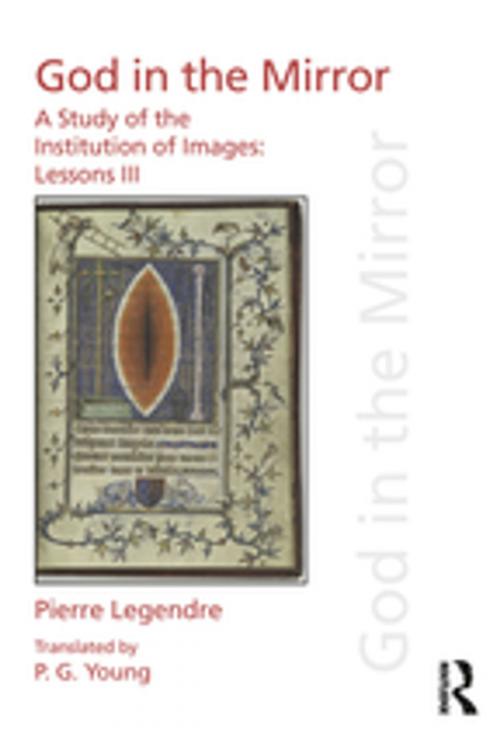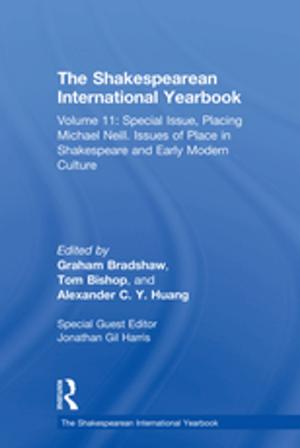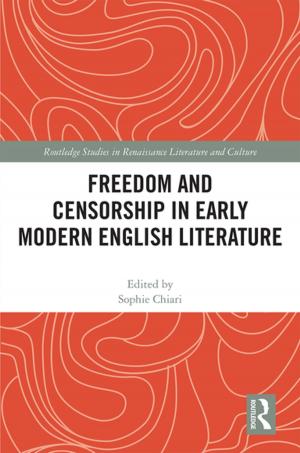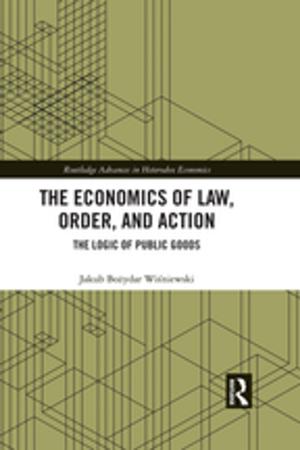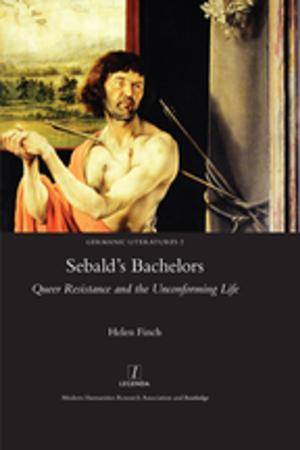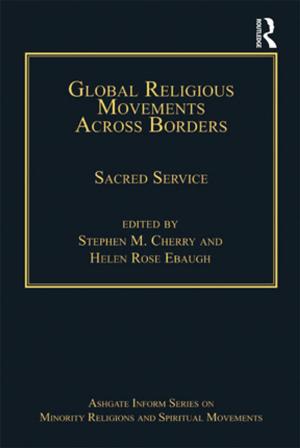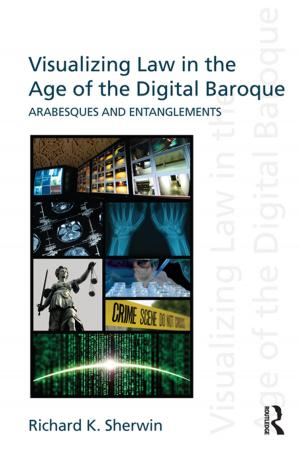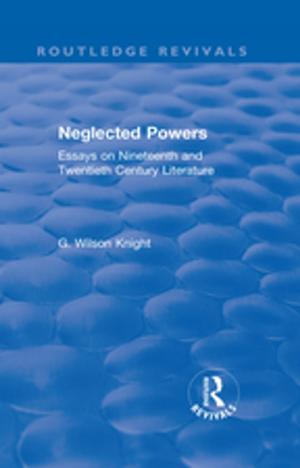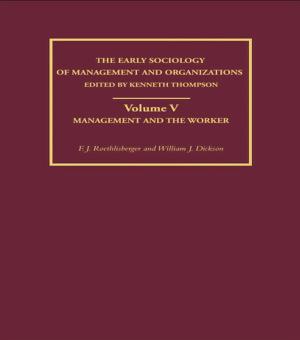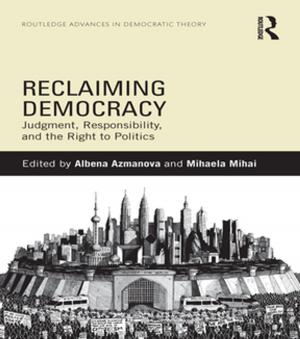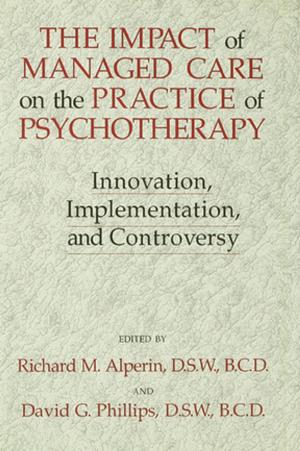Pierre Legendre Lessons III God in the Mirror
A Study of the Institution of Images
Nonfiction, History, Civilization, European General, Modern| Author: | Pierre Legendre | ISBN: | 9781315309873 |
| Publisher: | Taylor and Francis | Publication: | October 10, 2018 |
| Imprint: | Routledge | Language: | English |
| Author: | Pierre Legendre |
| ISBN: | 9781315309873 |
| Publisher: | Taylor and Francis |
| Publication: | October 10, 2018 |
| Imprint: | Routledge |
| Language: | English |
In the context of our increasingly global legal order, Pierre Legendre’s God in the Mirror reconsiders the place of law within the division of existing bodies of knowledge. Navigating the texts of Ovid, Augustine, Roman jurists, medieval canon lawyers, Freud, Lacan, the notebooks of Leonardo de Vinci, and the paintings of Magritte, this third volume of Pierre Legendre’s Lessons focuses on the relation of the subject to the institution of images. Legendre tracks the origins and vicissitudes of the specular metaphor within western history, carrying out a critique of its dependence on the discourse of the Imago Dei. A crucial landmark within Legendre’s ongoing reconsideration of a medieval ‘revolution of interpretation’, this book dissociates the western normative tradition from its mythic foundation, separating theology and law. It thereby documents the advent of modern rational doubt, as a new legal foundation or ground: one that, for Legendre, was not only a revolutionary invention, but one that produced the modern European idea of the State.
In the context of our increasingly global legal order, Pierre Legendre’s God in the Mirror reconsiders the place of law within the division of existing bodies of knowledge. Navigating the texts of Ovid, Augustine, Roman jurists, medieval canon lawyers, Freud, Lacan, the notebooks of Leonardo de Vinci, and the paintings of Magritte, this third volume of Pierre Legendre’s Lessons focuses on the relation of the subject to the institution of images. Legendre tracks the origins and vicissitudes of the specular metaphor within western history, carrying out a critique of its dependence on the discourse of the Imago Dei. A crucial landmark within Legendre’s ongoing reconsideration of a medieval ‘revolution of interpretation’, this book dissociates the western normative tradition from its mythic foundation, separating theology and law. It thereby documents the advent of modern rational doubt, as a new legal foundation or ground: one that, for Legendre, was not only a revolutionary invention, but one that produced the modern European idea of the State.
